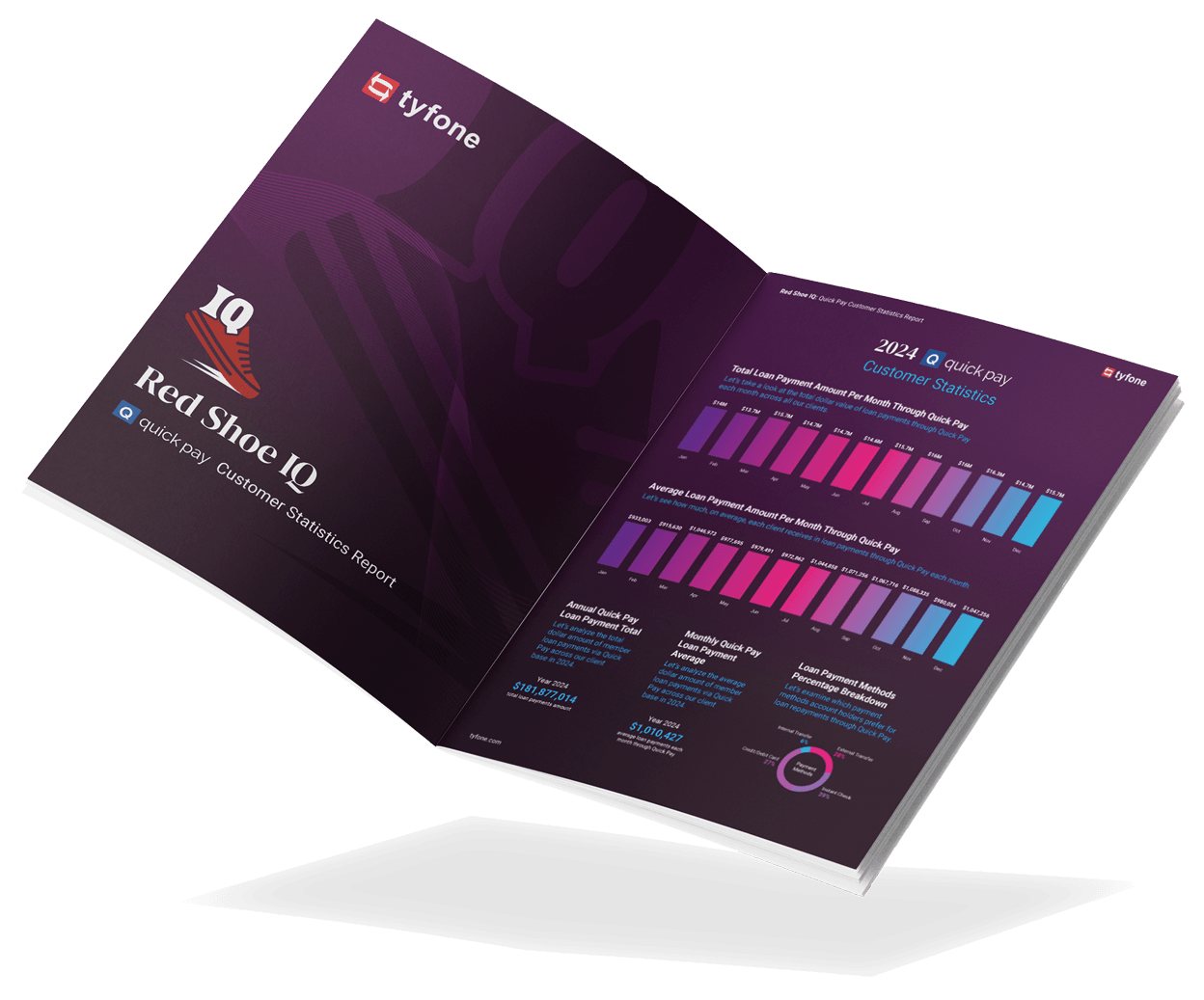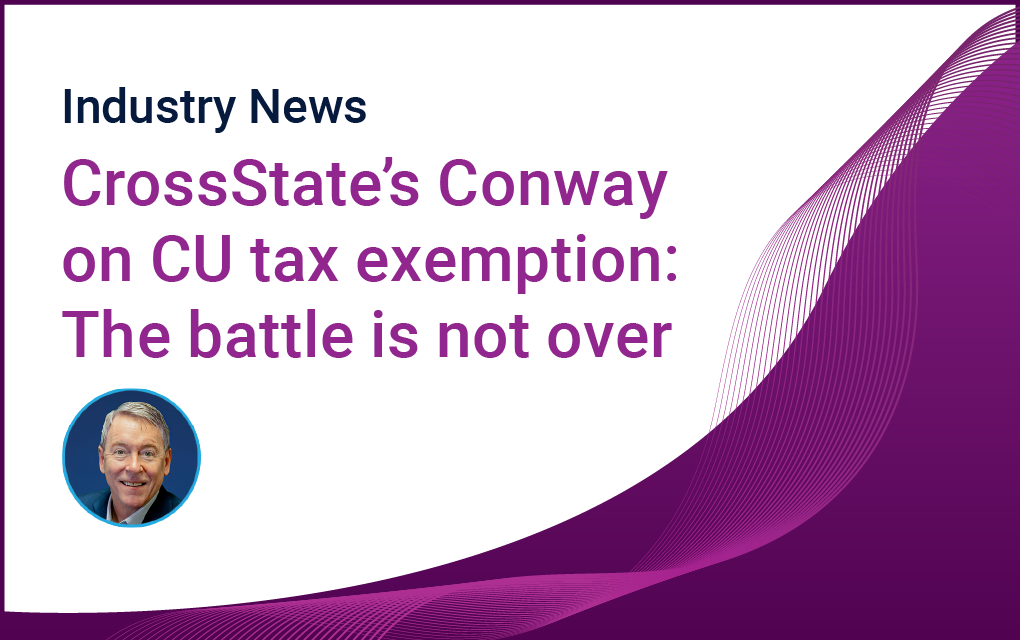INDUSTRY NEWS
Credit union bank acquisitions slowing amid market caution.
A lack of bank sellers and economic uncertainty could be contributing to the recent lag in CU-bank deals.
After a record-setting pace in 2024, credit union acquisitions of banks are showing signs of tapering off this year, raising questions about whether the recent boom in these once-rare transactions has reached its peak — or simply paused.
As of late August, 10 deals have been announced in 2025, suggesting the industry is on pace for about 15 by year-end. While that figure would mark one of the most active years on record, it lags behind last year’s total of 22—three of which have since been canceled, and one deferred into 2026.
Notably, the pace has slowed in recent weeks. No new transactions have been announced in the past month. The most recent, disclosed on July 24, saw Metairie, La.-based OnPath Federal Credit Union agree to acquire $183 million-asset Heritage Bank of St. Tammany.
At this time last year, 14 deals had already been announced.
“There have been a couple of announced transactions that were subsequently terminated that might be creating some hesitancy,” said Dennis Holthaus, a credit union consultant and former chief financial officer of Northwest Federal Credit Union in Virginia.
Holthaus pointed to a mix of factors potentially dampening deal activity: a limited pool of bank sellers, economic uncertainty, concerns over commercial loan performance, widening price expectations, and increasing regulatory scrutiny.
Still, some in the industry remain optimistic that the deal flow will rebound in the latter part of the year.
“I expect that the total numbers will equal last year by the end of the year,” said Glenn Christensen, president of CEO Advisory Group, a consulting firm specializing in credit union mergers and acquisitions. He told Tyfone that several credit union-bank deals are currently in progress and expected to be finalized before year-end.
Capital Strength a Silver Lining
While deal volume may be easing, the financial health of potential credit union buyers remains strong. Acquisitions of banks—which are dilutive to credit unions’ net worth ratios—require robust balance sheets. And many large credit unions appear well-positioned.
As of June 2025, the average net worth ratio for credit unions with more than $1 billion in assets stood at 11.18%—the highest since 2019. More than 65% of these institutions have net worth ratios exceeding 10%, up from 49% in 2020 and matching levels last seen a decade ago.
“This is good news for credit unions as buyers of banks as they need capacity to be a buyer,” Christensen said.
Today, there are 449 credit unions with assets of more than $1 billion—up significantly from just a few years ago—providing a growing pool of potential buyers for small to mid-sized banks.
While most acquiring credit unions fall into that large-asset category, smaller players are also testing the waters. In a recent example, Idaho-based Frontier Credit Union announced its acquisition of First Citizens Bank of Butte, a $75 million bank in Montana.
Story continued below…
Profitability Pressures Persist
Despite capital strength, profitability among large credit unions remains under pressure—an issue that could be contributing to the recent dip in M&A momentum.
Return on average assets (ROAA) for large credit unions was just 0.6% in 2024 and has shown only marginal improvement in 2025, industry data shows. Moreover, 8% of large credit unions posted negative ROAA last year. While that figure has dropped to 4% year-to-date, it remains high by historical standards.
By comparison, only 0.9% of large credit unions reported negative ROAA in 2015.
“The strain on ROAA over the last two and a half years has caused some credit unions to stall their bank purchases,” Christensen noted. “However, the long-term net worth improvements have positioned credit unions to continue to be strong buyers in the years ahead.”
Looking Ahead
As the second half of the year unfolds, all eyes will be on whether additional deals materialize—or whether the recent lull marks a longer-term shift.
At the same time, the banking trades continue to express strong opposition to these transactions.
“Billion-dollar credit unions are responsible for more than 80% of community bank acquisitions, with nearly two-thirds of acquisitions involving a bank with a positive net operating income in the preceding five years,” said Independent Community Bankers of America President and CEO Rebeca Romero Rainey.
The ICBA has urged policymakers to review outdated policies that no longer serve the public’s best interest and end the tax exemption for credit unions with $1 billion or more in assets.
For now, while credit unions continue to express interest in buying banks, the market appears to be navigating a moment of cautious recalibration.
“There have been a couple of announced transactions that were subsequently terminated that might be creating some hesitancy.”
– Dennis Holthuas
Credit Union Consultant









